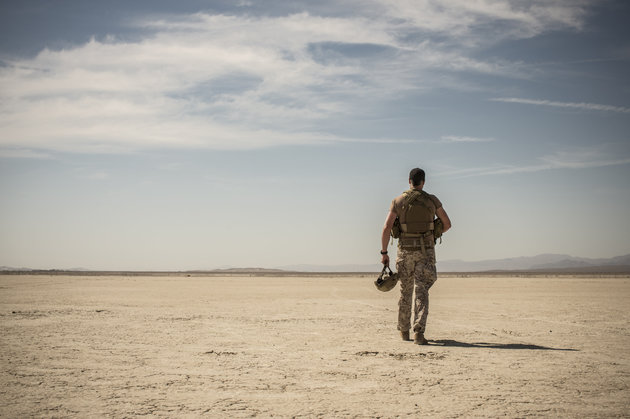
By Jen Fifield
A staggering share of veterans who served in Iraq and Afghanistan have been returning home with mental illnesses brought on by their time overseas. But as hundreds of thousands struggle with post-traumatic stress disorder, many are going without the help they need, which is prompting several states to step in.
State officials say they are trying to bridge what they see as gaps in services provided by the U.S. Department of Veteran Affairs, whose medical centers have been plagued by mismanagement, often face lengthy backlogs and can be located far from rural communities.
If veterans with PTSD aren’t treated while their wounds are still raw, it will end up costing not only the veterans and their families, but society, according to state lawmakers and mental health workers. Veterans with PTSD are more likely to bedepressed, drink heavily or use drugs, and many have trouble working and maintaining relationships — problems that cost billions of dollars in lost productivity.
And because members of the National Guard — who report to their governors and serve within their states when  they are not mobilized for active duty — deployed at record levels during the wars in Iraq and Afghanistan, states are looking after their own. National Guard members often face more challenges upon returning home. While other service members return to military bases, surrounded by support, guard members move back into their communities, which are often rural and where few resources are available.
they are not mobilized for active duty — deployed at record levels during the wars in Iraq and Afghanistan, states are looking after their own. National Guard members often face more challenges upon returning home. While other service members return to military bases, surrounded by support, guard members move back into their communities, which are often rural and where few resources are available.
“Read the Full Article at www.pewtrusts.org >>>>”
All content herein is owned by author exclusively. Expressed opinions are NOT necessarily the views of VNR, authors, affiliates, advertisers, sponsors, partners, technicians, or VT Network. Some content may be satirical in nature.
All images within are full responsibility of the author and NOT VNR.
Read Full Policy Notice - Comment Policy





























